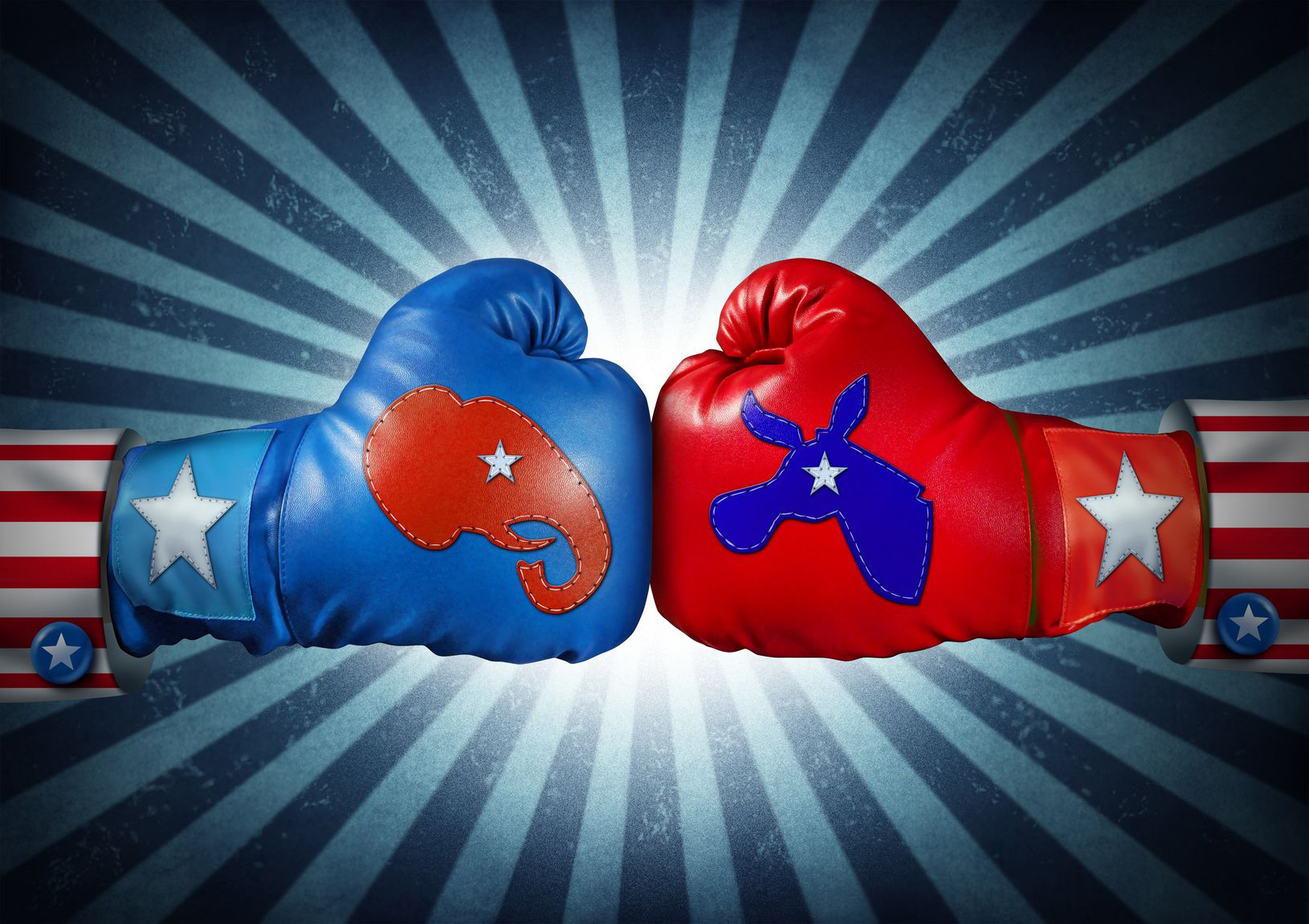In 2016 a host of candidates claim to be unifiers, suggesting that supporting them is all we need to resolve our contentious issues.
Examples abound. Bernie Sanders’ “Together” ad was seen as “a clarion call to unite Americans across every conceivable demographic line.” A recent Newsmax headline about Ted Cruz read, “‘Unity Among Grassroots’ will defeat ‘Washington Cartel.’” The Blaze even had “Donald Trump: The Uniter in Chief?” atop a story.
For better or for worse, Americans disagree on virtually every specific issue. So the central problem is not how to unite, but how to manage our disagreements in a peaceful and jointly productive manner.
We think our desires substantially align only when we speak in generalities. Everyone wants people fed, clothed, housed, educated, etc. But when we get to specifics, we disagree about virtually every aspect of who, what, when, where, why and how.
To take a trivial example, consider family breakfast. Does everyone even eat breakfast? Does each member have coffee, a cold caffeinated drink, or neither? Juice? What kind? Are all agreed on when, where, what, or how much to eat? Do they agree on who should pay for breakfast, cook it, and clean up after it? Diverse individuals make different choices. Multiplying by the number of decisions that must be reached in society every day makes our fundamental disunity clear.
Does this mean “E pluribus unum” is just American puffery? If it requires agreement on our individual ends, yes. That is why talk of political unity is primarily rhetorical cover for those who wish to coerce people who disagree with them.
We should recognize, however, that we agree more on what we don’t want than on what we do want. None of us wants what John Locke called our “lives, liberties, and estates” violated. That is, each of us wants his or her life and property defended against invasion. Universal respect for property rights jointly reduces our risks from predation.
Moreover, well-established property rights resolve many disagreements by recognizing in owners the right to decide how their property will be used. Anyone wishing to influence an owner’s choices can only use persuasion, with the owner retaining the right to remain unpersuaded. No one may use coercion, which is not the case with virtually every political “solution.” Thus disagreements are resolved peacefully, rather than inviting war between neighbors or nations, as has happened throughout history.
Voluntary market arrangements let individuals decide for themselves. Except in unusual cases where we must all make the same choice, the market allows us to better match our choices to our preferences and circumstances. And unlike the minority’s votes in elections, every dollar “vote” matters, allowing us to better achieve our ends.
While most think market exchanges reflect agreement, they actually reflect productive disagreements.
Say you accept my offer of a widget for $5. That does not reflect agreement on the widget’s value. I must have valued that widget at less than $5 worth of other goods and services, or I wouldn’t have sold it for $5. You, on the other hand, must have valued it more, or you wouldn’t have bought it for $5. We disagree about that widget’s value, but respond to our disagreement by benefitting each other.
Such exchanges also reduce our disagreements. The value of the last, or marginal, unit of a good falls for those who buy more, while it rises for sellers. That narrows the differences in trading partners’ valuations, expanding social coordination and well-being. Price adjustments also enable peaceful adaptation to changing circumstances, in contrast to the contentious winner-take-all battles that needed adjustments trigger when determined politically.
Politicians preen as unifiers, but our specific ends are at odds. Peaceful and productive disagreement provides the greatest unity possible. Unfortunately, government intervention pushes us farther from it. Markets, in contrast, enable social cooperation, with differences creating mutual gain rather than coercion. If property rights were fully respected, many contentious issues would no longer be contentious. Compare one-size-fits-all education to school choice. The harmony of the market is too valuable to sacrifice to the illusion of political unity.








